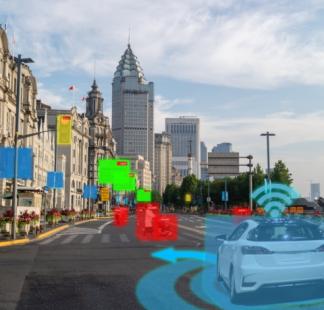Displaying 13 - 24 of 107
06 Apr 2026 - 30 Apr 2026
Online instructor led
El curso de Análisis de Malware brinda a los profesionales de telecomunicaciones, ciberseguridad e informática las competencias necesarias para…
Registration:
Open until 06 Mar 2026
Languages:
- Spanish
13 Apr 2026 - 20 Apr 2026
Online instructor led
This course focuses on technical, business and regulatory aspects of 5G mobile networks. It includes mobile broadband evolution, and LTE-Advanced-Pro…
Registration:
Open until 12 Apr 2026
Languages:
- English
Open
Online self-paced
This course is aimed at providing guidance for developing table top simulation exercises which will help to test if NETPs and other national…
Languages:
- English
15 Apr 2026 - 13 May 2026
Online instructor led
School connectivity involves more than simply providing Internet access to schools; it is about developing connectivity models that are financially,…
Registration:
Open until 25 Mar 2026
Languages:
- English
20 Apr 2026 - 23 Apr 2026
Online instructor led
The course explains the e-governance legal framework and its various components. The course introduces the e-governance general legal concept and the…
Registration:
Open until 17 Apr 2026
Languages:
- English
Open
Online self-paced
This course has been developed by ITU to provide an introduction to the Tampere Convention on the Provision of Telecommunications Resources for…
Languages:
- English
27 Apr 2026 - 29 Apr 2026
Online instructor led
In our interconnected world, Quality of Service (QoS) and Quality of Experience (QoE) are essential metrics for telecom regulators and operators.…
Registration:
Open until 06 Apr 2026
Languages:
- English
04 May 2026 - 31 May 2026
Online instructor led
El curso ofrece una formación integral y práctica sobre cómo los procesos de transformación digital impactan la gestión pública, el diseño de…
Registration:
Open until 24 Apr 2026
Languages:
- Spanish
Open
Online self-paced
This course aims to provide an overview of the global e-waste challenge, including e-waste statistics and legislation based on the latest data from…
Languages:
- English
04 May 2026 - 22 May 2026
Online instructor led
This course is an advanced-level course in smart city design. It focuses on both theoretical and practical aspects of specific technologies that are…
Registration:
Open until 27 Apr 2026
Languages:
- English
05 May 2026 - 07 May 2026
Online instructor led
The course introduces the core principles of CIIP from a national cybersecurity perspective. Day one focuses on methodologies for identifying and…
Registration:
Open until 28 Apr 2026
Languages:
- English
Open
Online self-paced
In the telecommunications industry, price is no longer the sole factor in purchasing decisions. Service quality plays a key role to all stakeholders…
Languages:
- English








